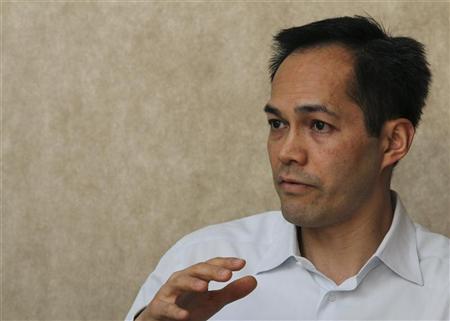
Can commodities keep going down and tech stocks up or will there be reconciliation? - Analysis
The Federal Reserve and the Bank of England are preparing to lift
interest rates, while the Bank of Japan and the European Central Bank
keep monetary policy super loose. Developed economies led by the U.S.
are giving signs of stability, while emerging
markets are impacted by China’s slowdown. Such forces are also creating divergences in financial markets.
Commodity indices hit multi-year lows with gold and oil leading the slump.
Brent Crude on Monday edged below $50 a barrel for the first time since January. Meanwhile, the Nasdaq 100 Index is higher 8 percent this year and not far from last month’s record high.
Stephen Jen, the founder of London-based hedge fund SLJ Macro Partners LLP and a former IMF economist, who precisely predicted the end of the emerging-market blooming, considers that the sell-off in raw materials mirrors the struggles of developing economies which are on track for their weakest year since 2009 as China expands at its slowest pace in 25 years.
Notwithstanding, equity markets are representative of the low interest rates and central-bank bond-buying across developed economies, Jen opines.
For him, the question is whether the two trends can be sustainable. Can commodities keep going down and tech stocks up or will there be reconciliation?

Stephen Jen
He predicts two stages:
1) The first one is going on now. Developed-market central bankers seize upon the low inflation resulting
from cheaper food and energy to justify stimulative monetary policies, and motivating investors to buy stocks a little longer.
Even if the Fed and the BOE increase borrowing costs this year, their banks will only move gradually, leaving a lot of money in the system.
2) The second one is less attractive. Equity investors will reestimate the outlook for the global economy with the driver likely being when the Fed finally starts lifting interest rates, perhaps as soon as September.
The rise in U.S. bond yields, resulting form the rate liftoff, will be the likely driver for a review of equity valuations in developed nations and a further dropping of stocks in emerging markets, according to Jen.
The risk of a wide correction in global equities increases as the Fed rate hike is nearing.
“The Fed has carefully
engineered an asset market-led economic recovery. This in turn made it
very difficult for the Fed to exit from its current policy stance. But
when it does, as it will need to at some point, there will be
consequences,” Jen opines.


